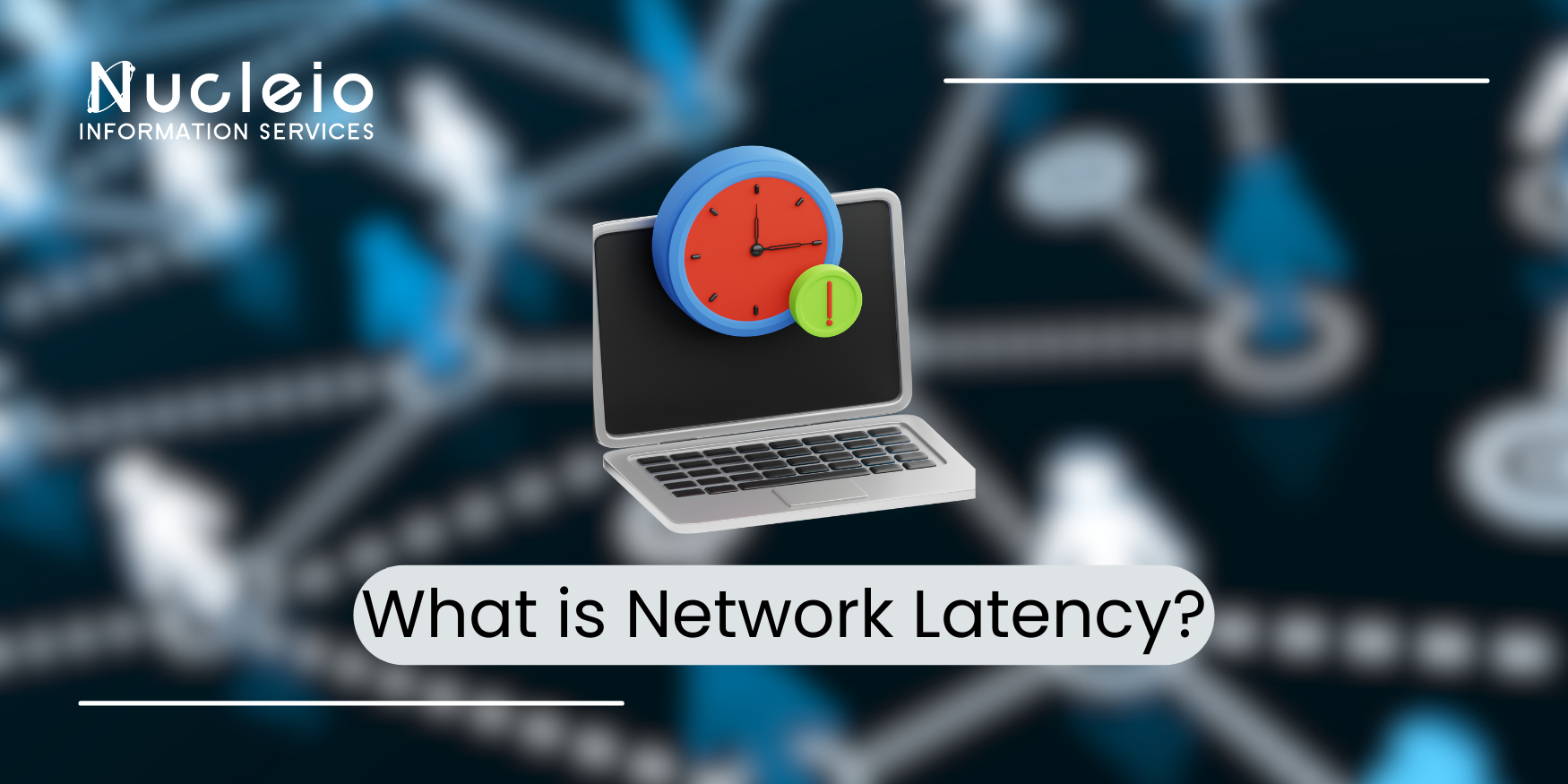Have you ever gotten frustrated waiting for a webpage to load? It seems like an eternity while those little loading circles spin. This slowdown can be caused by network latency, the time it takes for data to travel across a network. Let’s break down what latency is and how it affects your online experience.
Understanding Latency
Imagine sending a message to a friend across town. It takes some time for the message to travel, right? Network latency is similar. Data travels in packets, and latency refers to the time it takes for those packets to get from your device (like your computer or phone) to a server and back again. The further the server is, and the more “hops” the data has to make along the way, the higher the latency.
The Impact of Latency
High latency can lead to:
- Slow loading websites: Those spinning circles become your nemesis.
- Lag in applications: Video calls become jerky, and online games feel sluggish.
- Frustration: Nobody enjoys waiting for the internet to catch up!
What Causes Latency?
Several factors can contribute to network latency:
- Distance: Data traveling long distances experiences higher latency.
- Network congestion: Think of rush hour traffic, but for data! The more data on a network, the slower it moves.
- Equipment: Outdated or overloaded routers and modems can slow things down.
How to Reduce Latency
There are ways to improve your online experience by reducing latency:
- Content Delivery Networks (CDNs): These services store website content on servers around the world, bringing it closer to users and reducing travel time.
- Upgrade your internet plan: More bandwidth can help handle larger amounts of data.
- Wired vs. Wireless: A wired ethernet connection is generally more stable and has lower latency than Wi-Fi.
Tips to improve performance
While some latency issues are out of your control, there are things you can do:
- Restart your router and modem: A simple reboot can sometimes clear up congestion issues.
- Reduce the number of connected devices: The more devices sharing your internet, the slower it can be.
- Update your equipment: Outdated hardware can bottleneck your internet speed.
Network latency is an important factor in website performance. By understanding what it is and how to minimize it, you can create a smoother and more enjoyable online experience.

